
Joyce Tsuro, a 69-year-old from Marondera, is a resilient farmer who supports her household of seven through poultry farming, market gardening, and subsistence farming. Her work reflects a strong commitment to sustainable agriculture and food security.
What has climate change done here?
Long ago, maybe from the ‘60s when we were still young, we had wetlands. They had a lot of water and rice was grown on them in September. One would drown in them. Yams were grown there. There were anthills in the fields, that’s where tsunga was grown in November, it would be eaten from November to May. Then we had gardens in the communities, water would flow from lakes, I can say there were lakes. So that’s where we got water from and we would water our gardens, but as time went on we noticed that the water levels were getting lower, until the ‘90s when there was no water at all.
What do you think world leaders have to do now to stop things from getting worse and to help us adapt?
World leaders should listen more. We know what the problems are and where solutions can be found. I think there should be designated farms specifically for tobacco, and on the remaining land, other crops like maize should be cultivated to help alleviate poverty. Additionally, dams should be built to capture flowing water, with more dams established throughout the country. Eucalyptus trees need further research to better understand if they are responsible for lowering groundwater levels. We also hope people will be open to cultivating indigenous trees or that we will have forestry experts to grow indigenous tree seedlings.


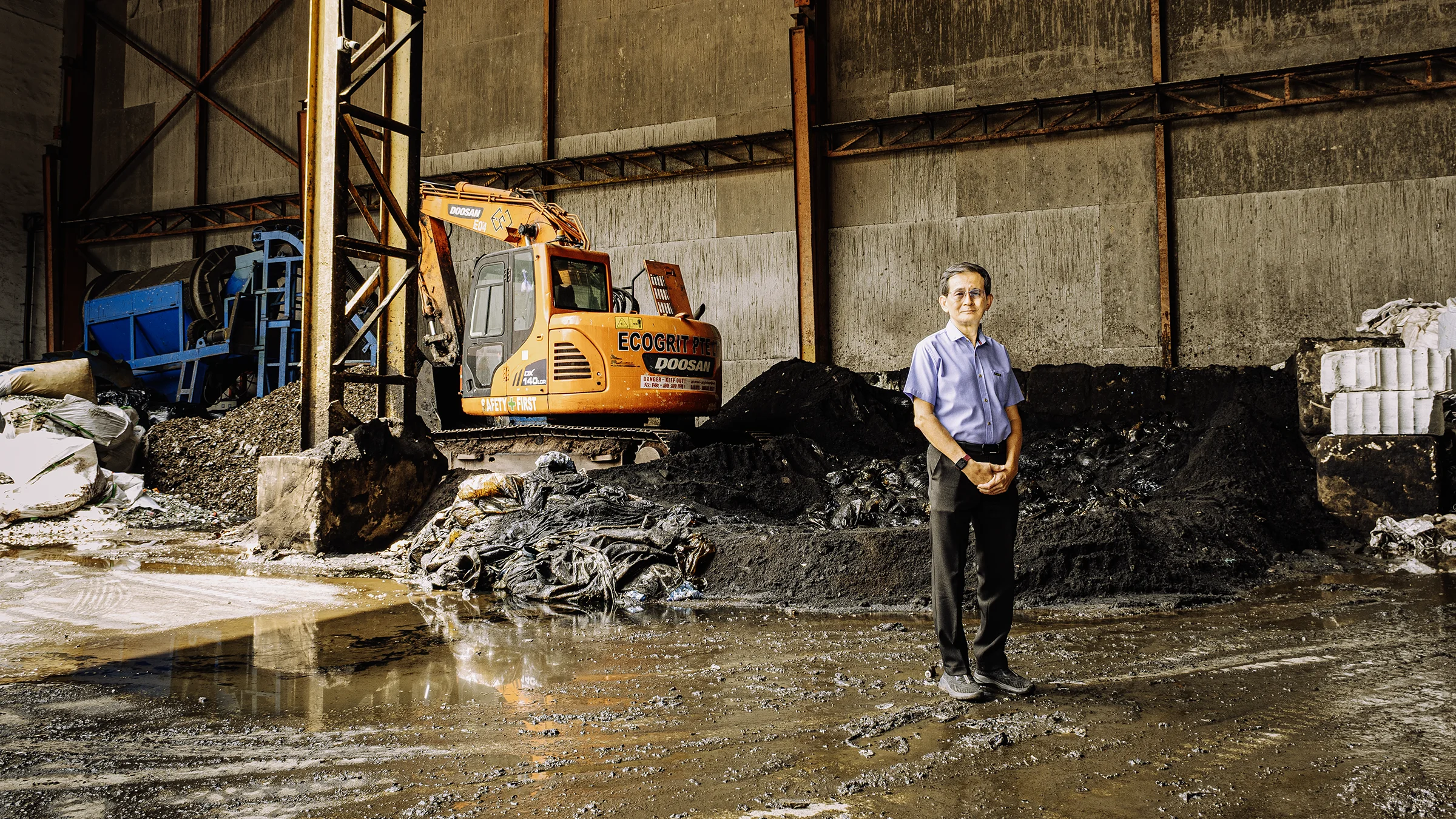
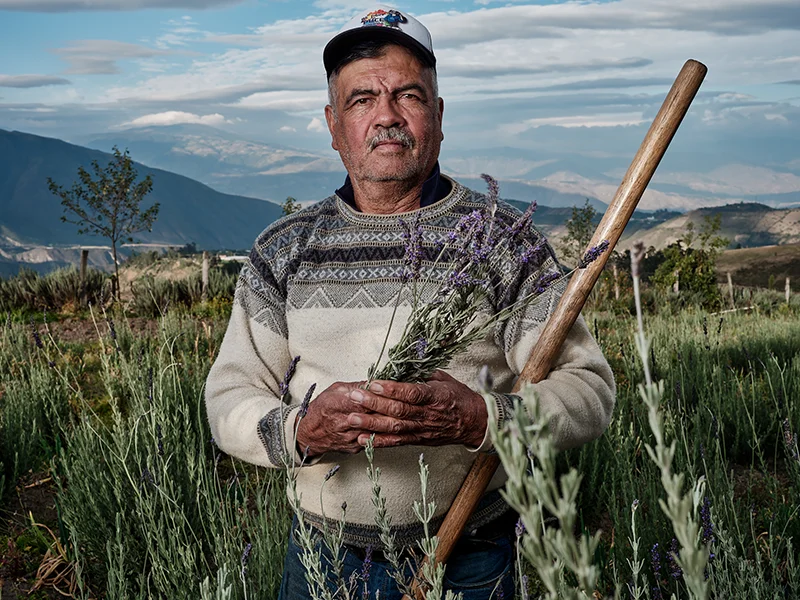
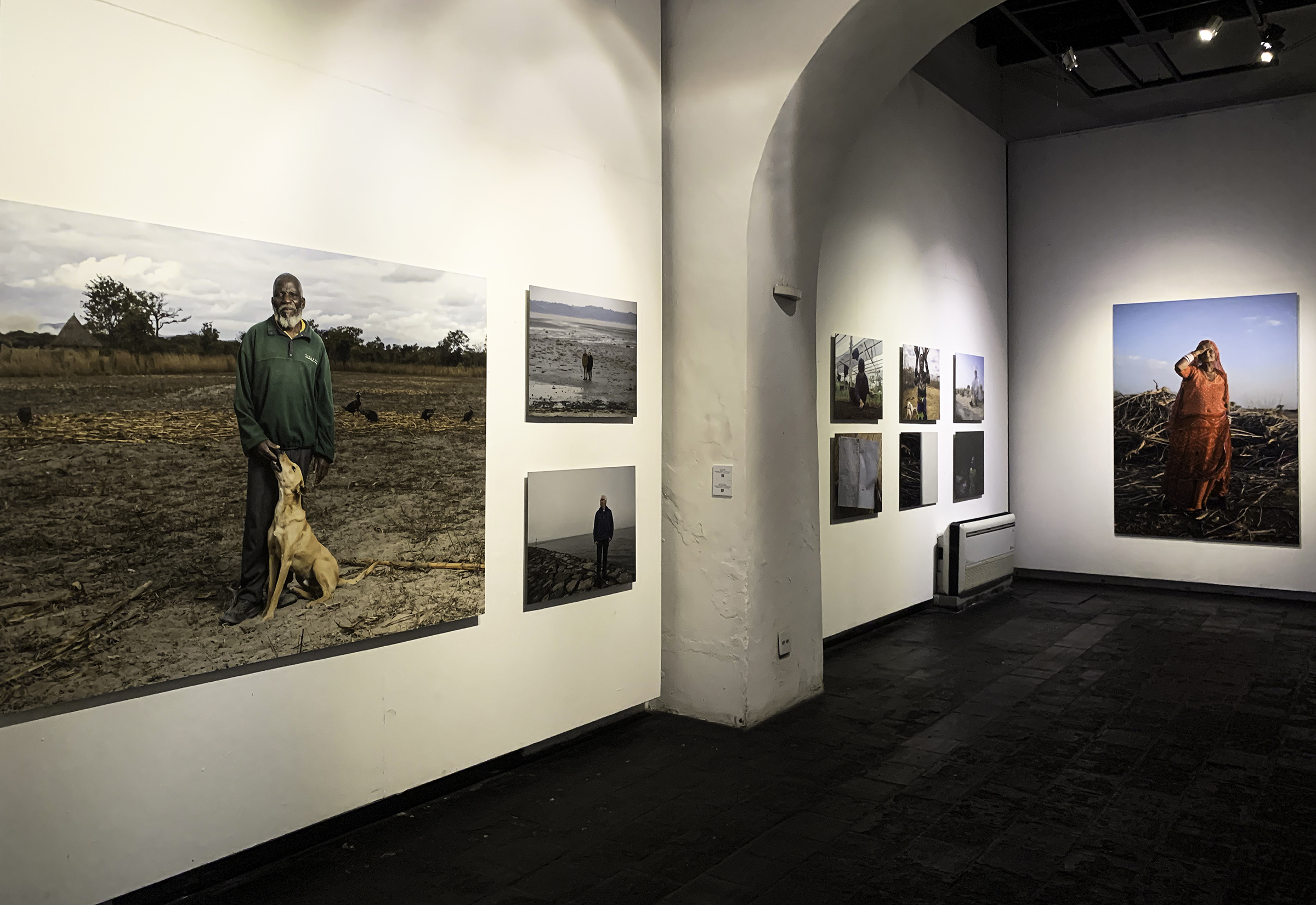
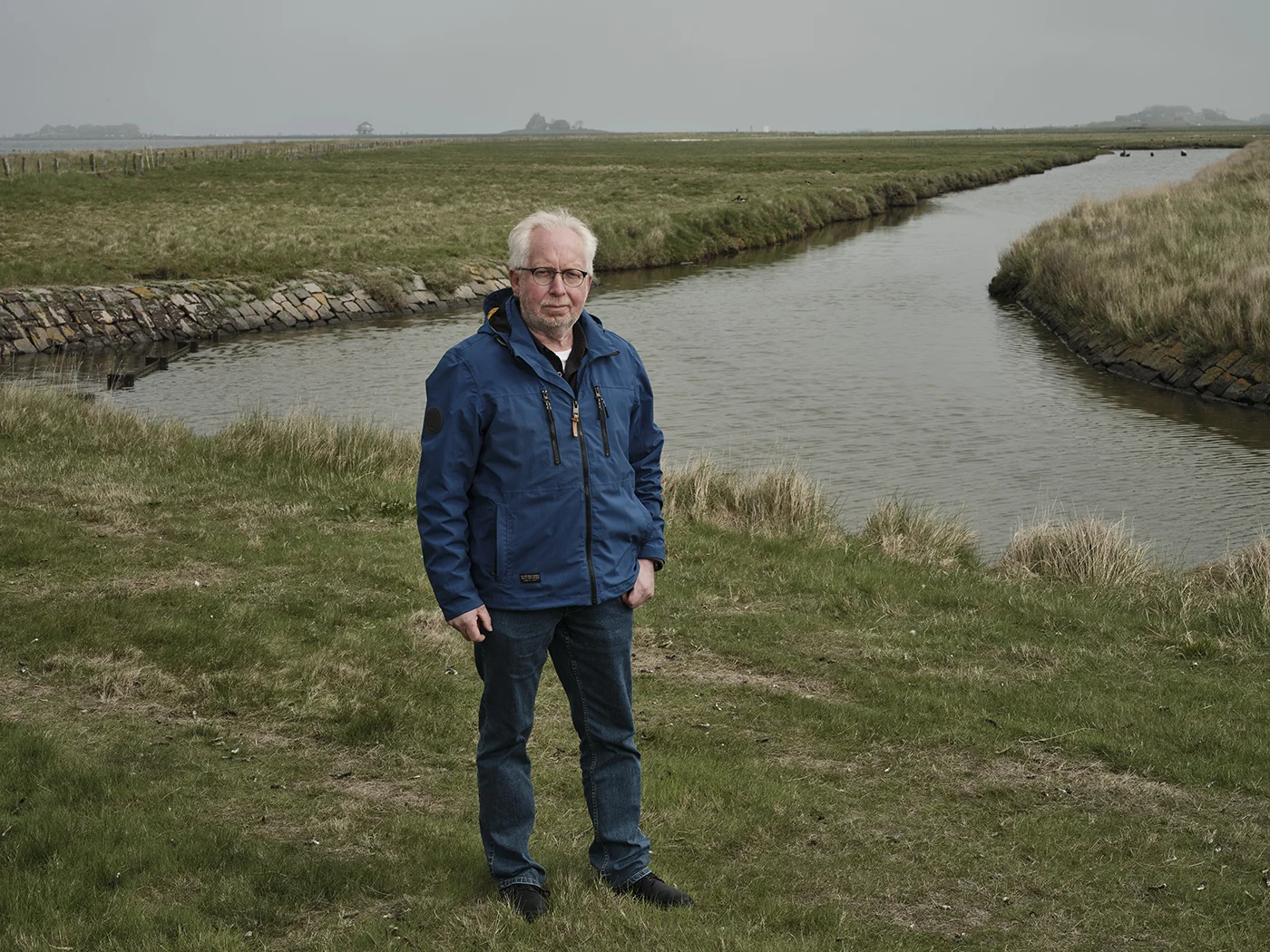
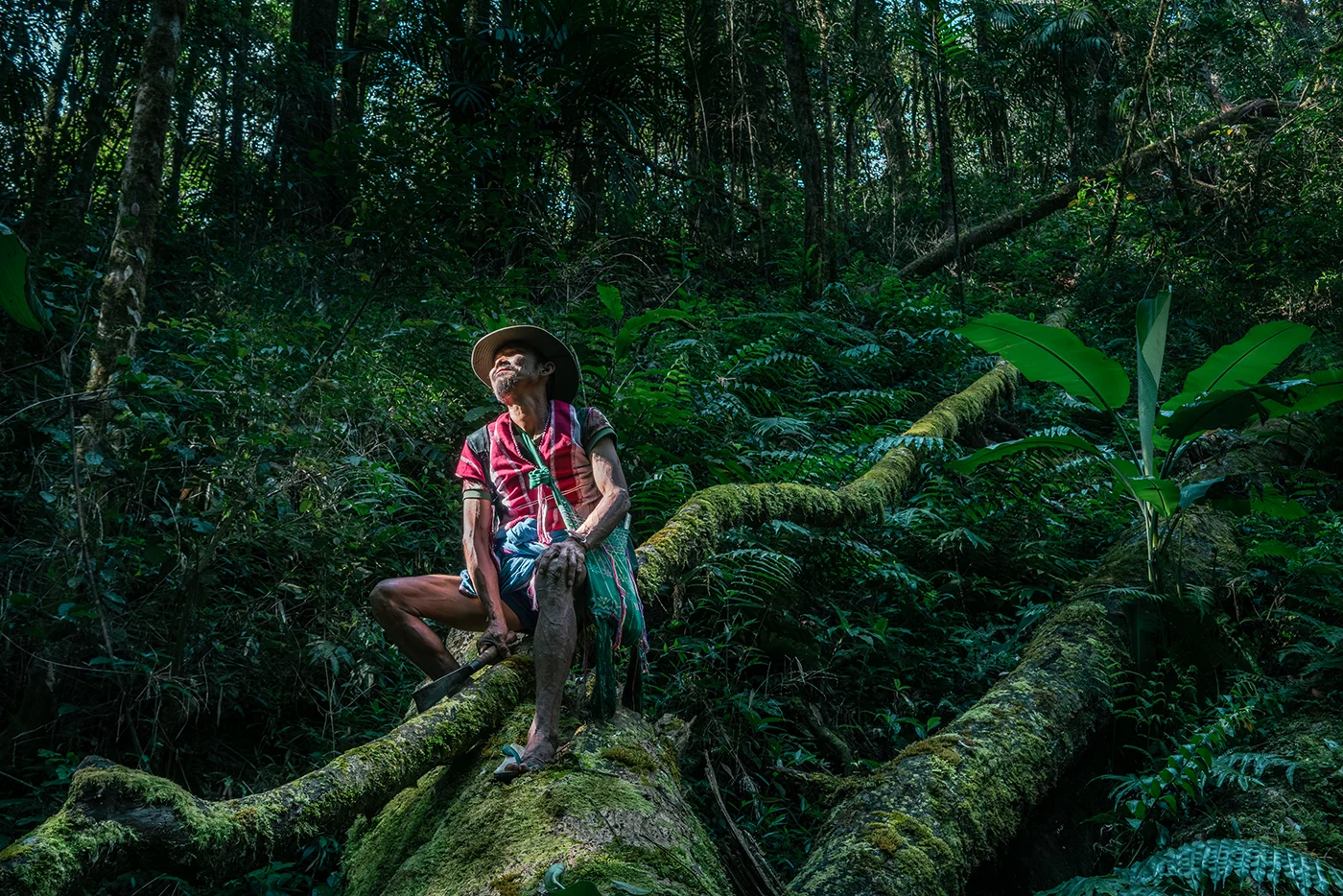
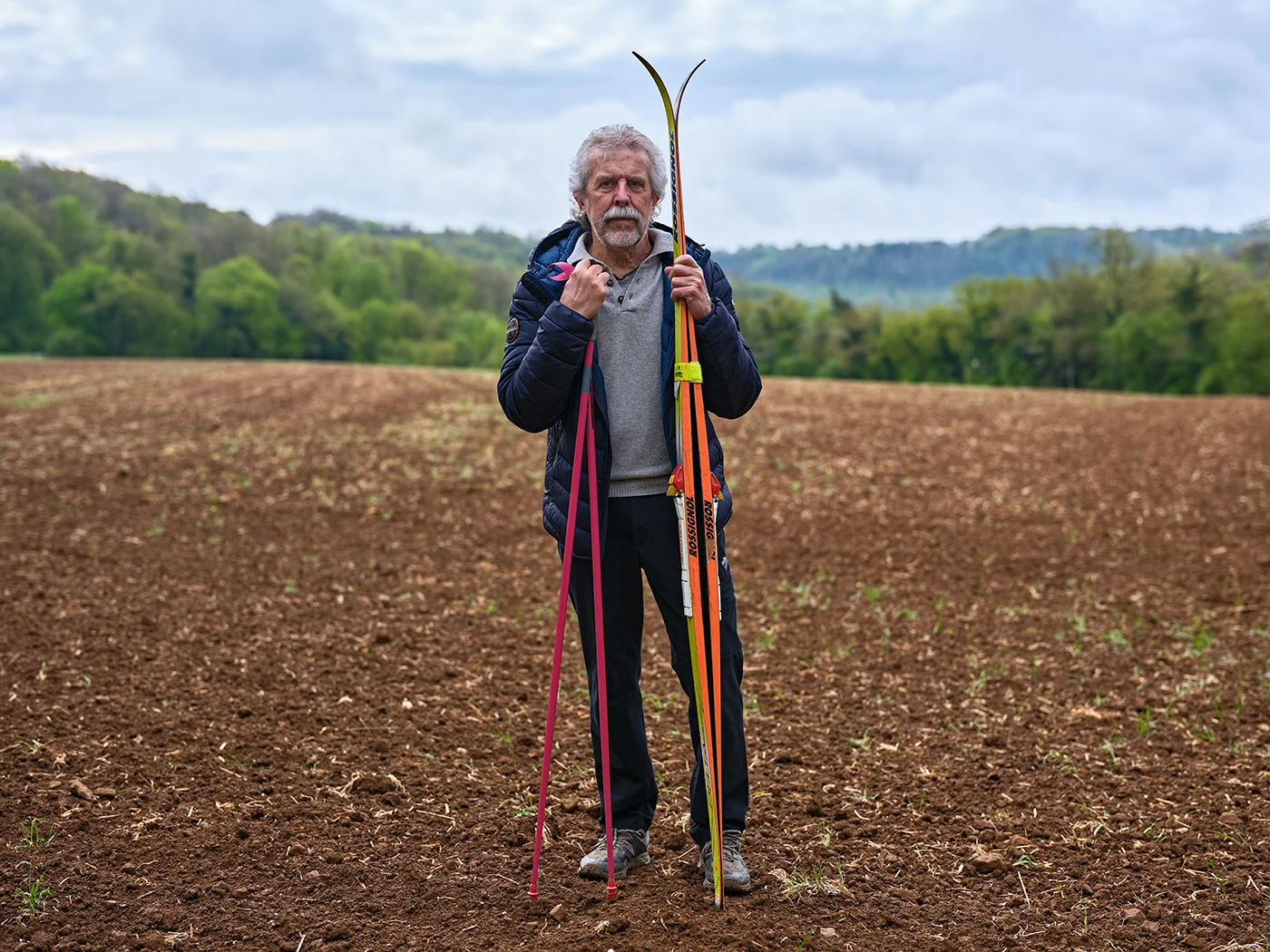







































.svg)






